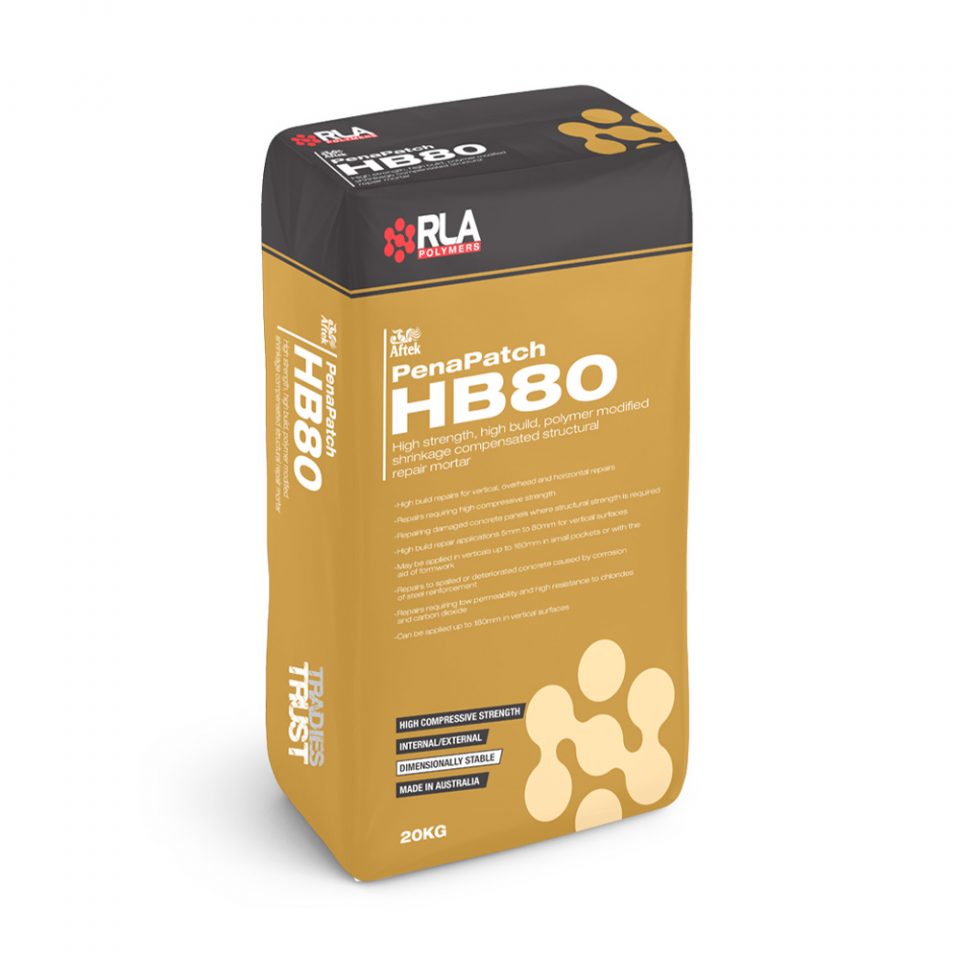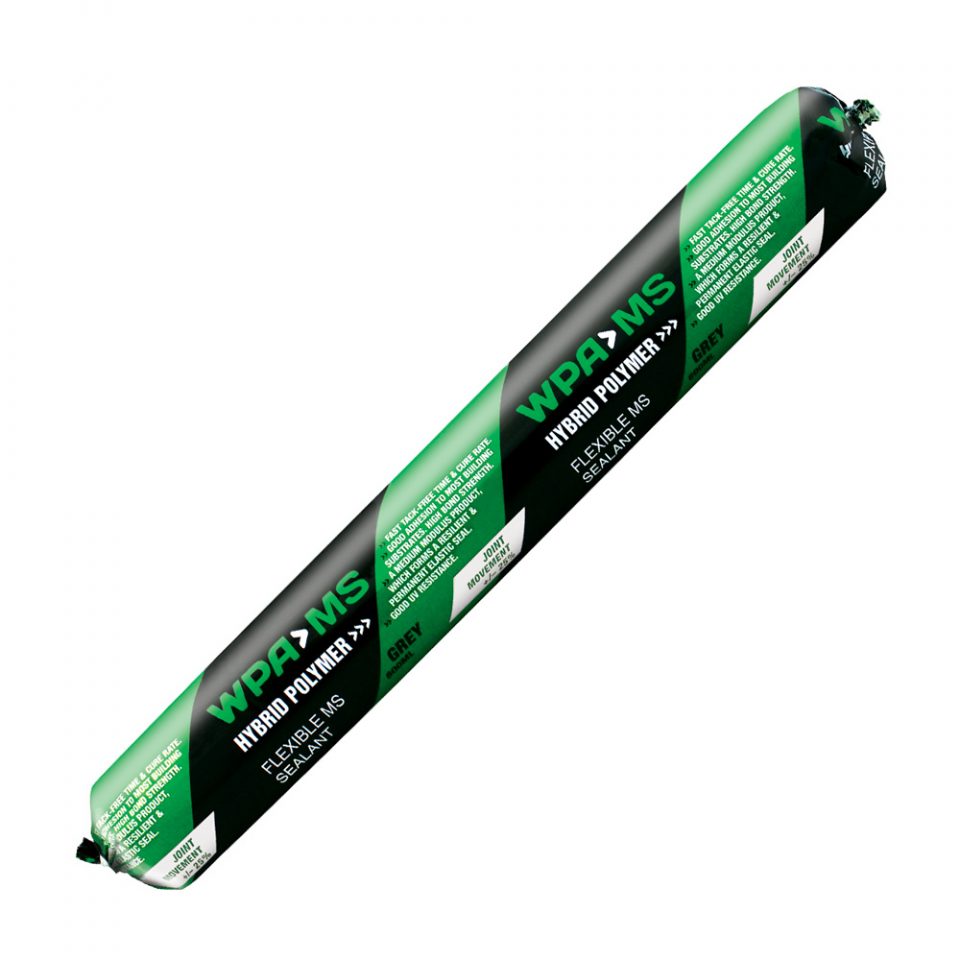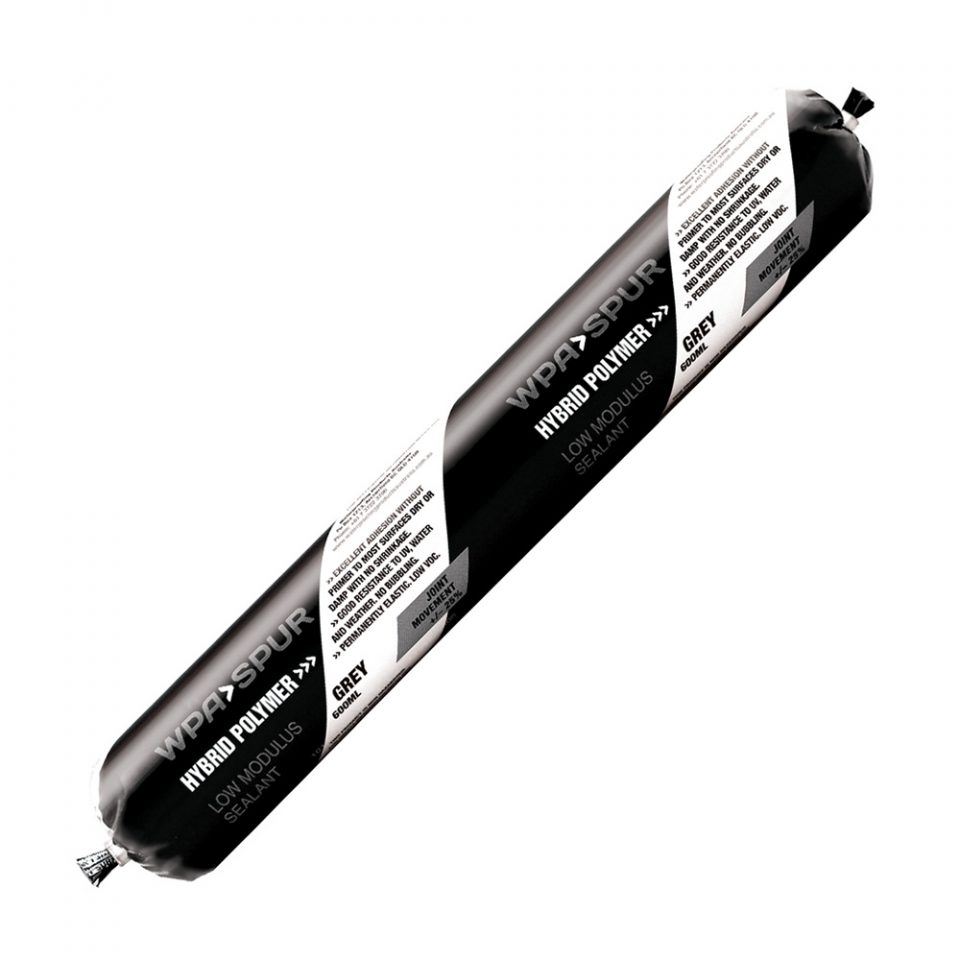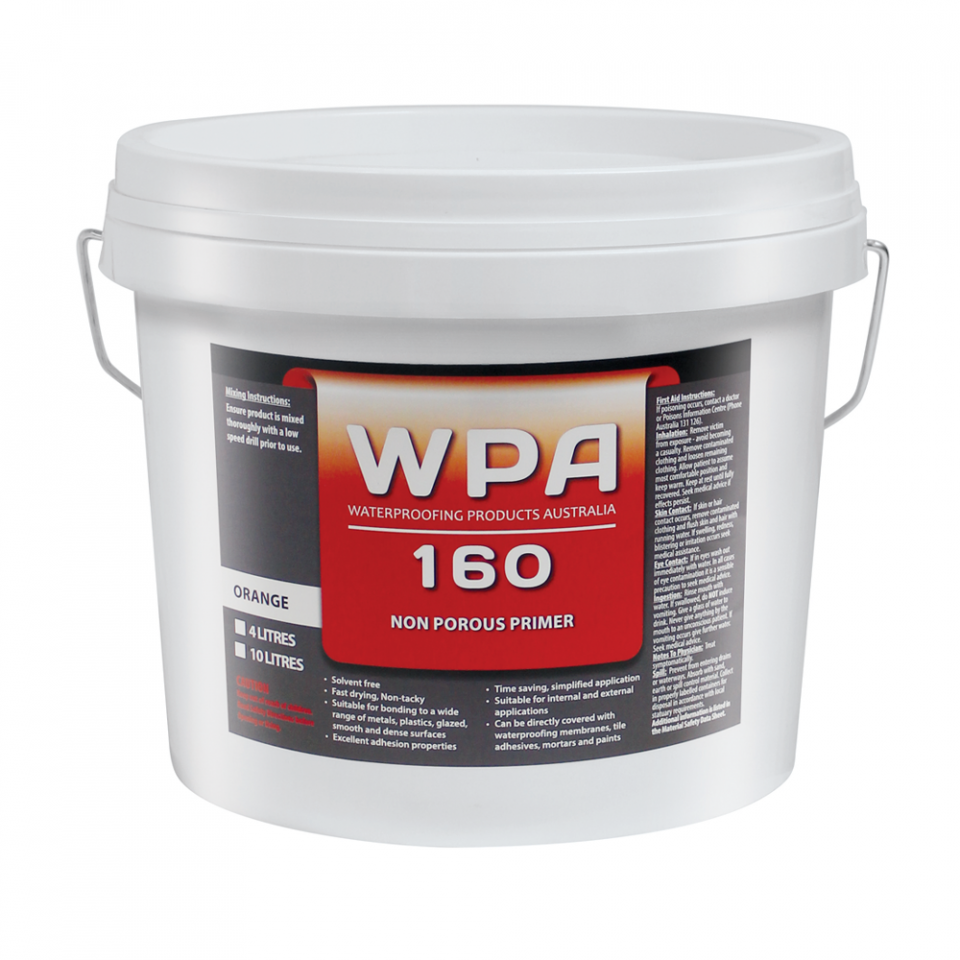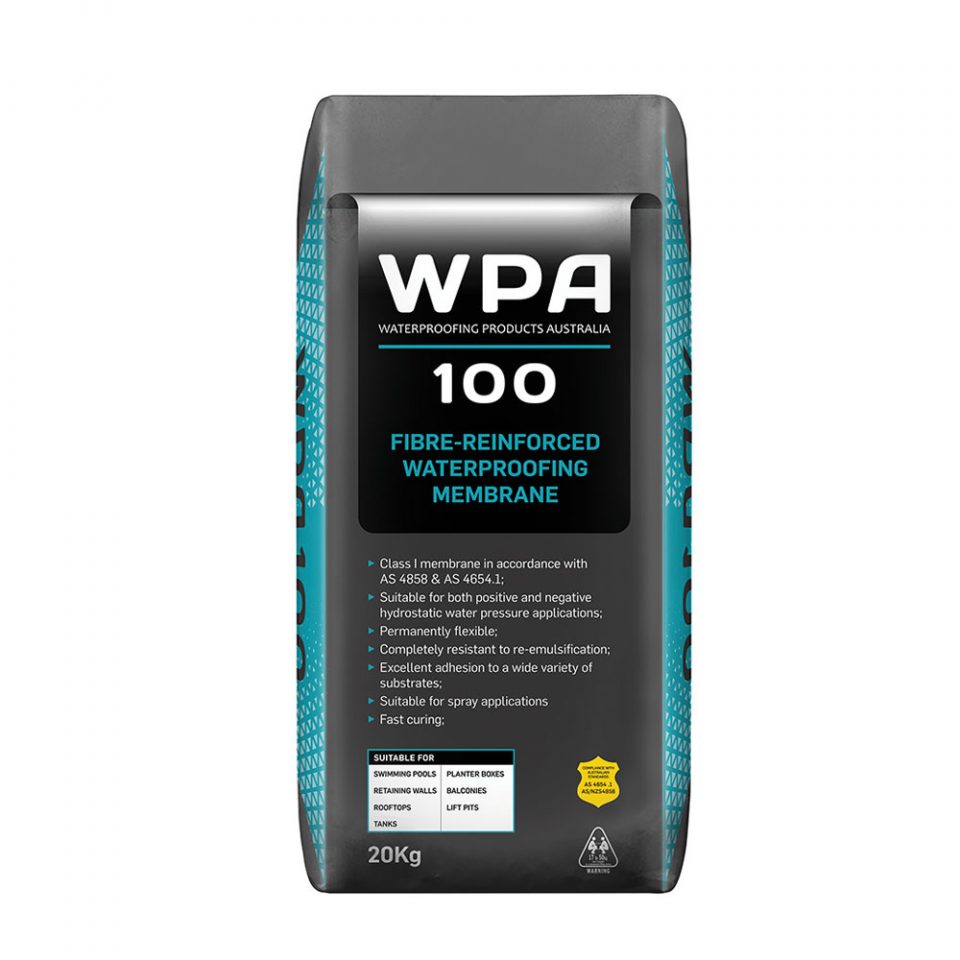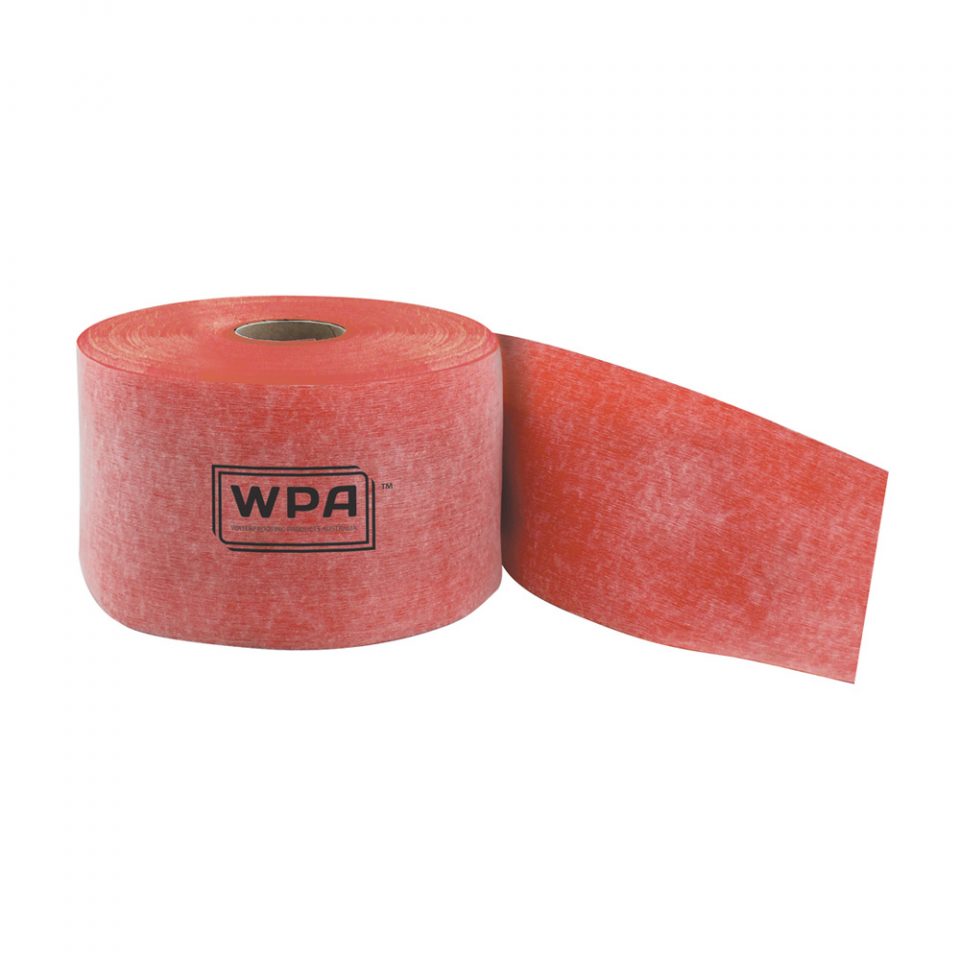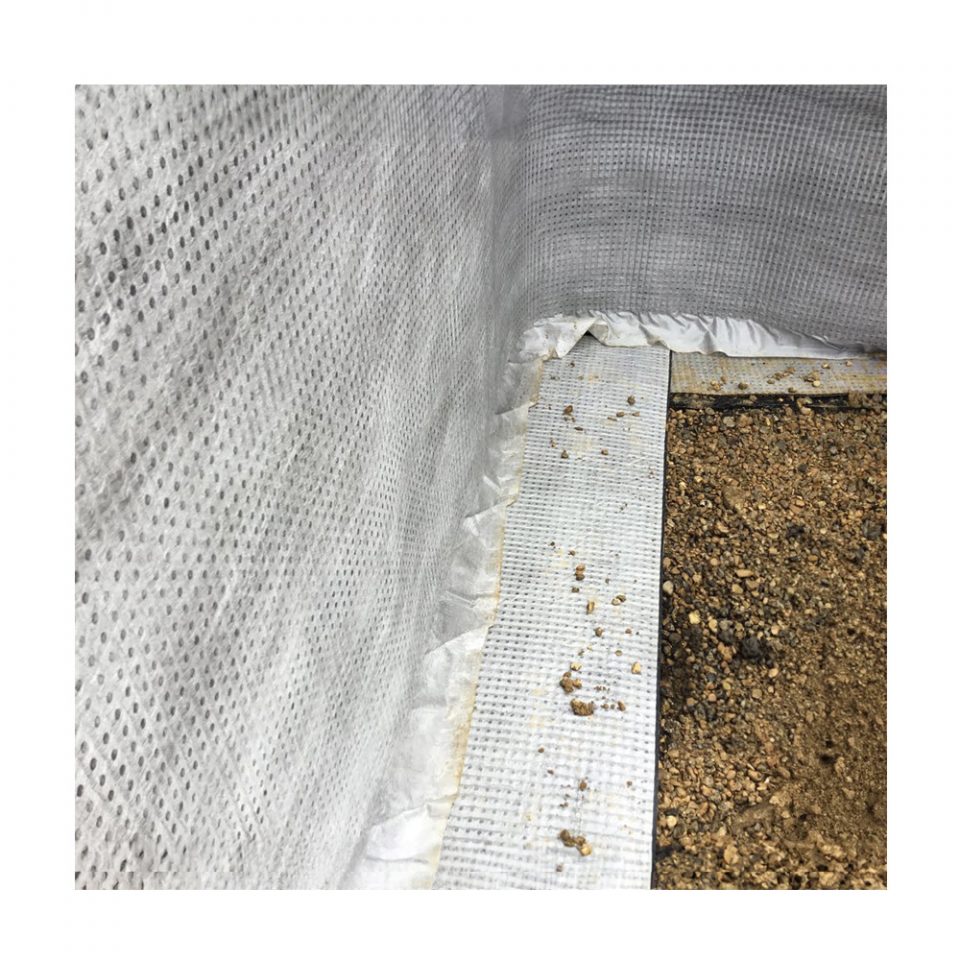Systems
Below Ground
Home Bayset Systems Below Ground Systems Retaining Walls on Strip Footings Cementitious Retaining Walls on Strip Footing – 110
WP110 Waterproofing – Retaining Walls on Strip Footing
Preparation:
- All surfaces to be waterproofed must be firm, clean, dry, sound and smooth. All grease, oil, wax, curing compounds, loose material, paint and any other contaminants must be removed, masonry surfaces must be pointed flush and surface defects repaired. New concrete must be cured for a minimum of 28 days.
- External corners to be waterproofed must be bevelled to ensure a smooth transition of membrane from vertical to horizontal surfaces.
Installation:
- Repair all surface defects on retaining wall masonry surfaces with Aftek Penapatch Structural HB80.
Aftek Penapatch Structural HB80 is a high strength; high build shrinkage compensated structural repair mortar.
- Install a Gunnable Waterstop around all penetrations. The waterstop must be packed in between at least a 50mm cover of Aftek Penapatch Structural HB80. Gunnable waterstop products are caulk-grade, single-component swelling pastes used to stop water infiltration through concrete construction joints.
- Porous substrates must be adequately dampened to a point of dry saturation with clean water prior to membrane application.
- Apply WPA 160 primer to all non-porous surfaces such as PVC and metal pipe penetrations.
WPA 160 is a specialised solvent-free primer designed for enhancing the adhesion of subsequent membranes, adhesives, toppings and decorative finishes over non-porous substrates.
- Apply WPA 100 membrane to the external side and top of the retaining wall, ensuring that the first coat has completely dried before applying the second coat.
WPA 100 is a single-component, fibre-reinforced, rapid-drying, cementitious waterproofing membrane.
- All transitions must be detailed utilising WPA Elastoband or WPA Butyl Tape.
WPA Elastoband is an innovative detailing system designed for waterproofing and sealing all types of joints, junctions and transitions subjected to movement.
WPA Butyl Tape is a multi-purpose self-adhesive detailing tape incorporating a fleece face layer with a release backing film and self-adhesive butyl rubber on the underside. It provides a waterproof seal between most types of joints and transitions in both internal and external applications
- Install WPA Drainage Cell to all waterproofed surfaces below ground level.
WPA Drainage Cell is a two-core drainage sheet consisting of a non-woven geotextile filter layer thermally welded to a water-impermeable, recycled HDPE (High-Density Polyethylene) drainage membrane.
- Install a slotted drainage pipe wrapped in geotextile next to the slab edge.
- Cover the drainage pipe with a minimum of 300mm of gravel and cover gravel with an additional geotextile filter layer.
- Backfill with clean material.
- Ensure that the membrane exposed above ground level is protected by selected surface finishes or capping material.
Products Used
- Aftek Penapatch Structural HB80
- WPA 160
- WPA 100
- WPA Elastoband
- WPA Drainage Cell
- WPA Buytl Tape

